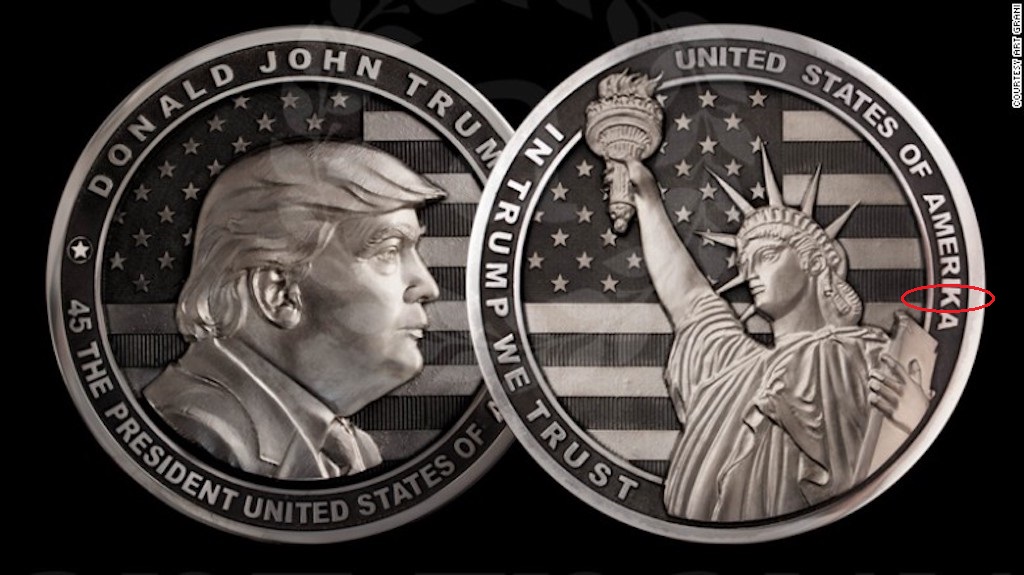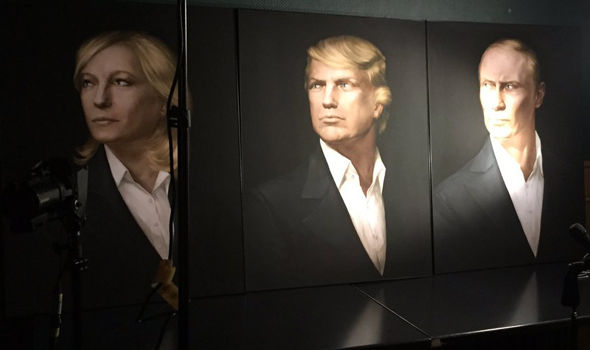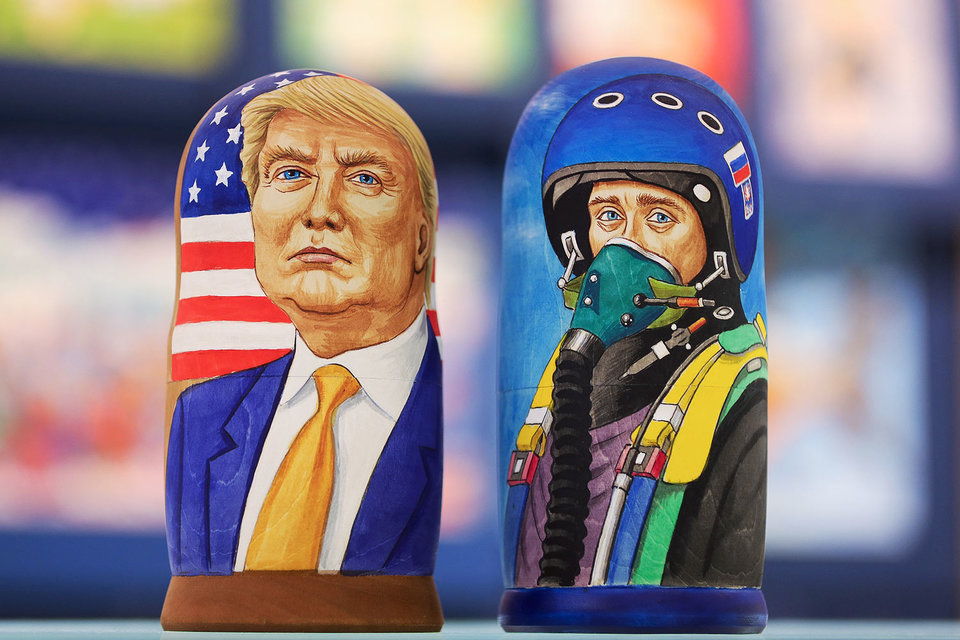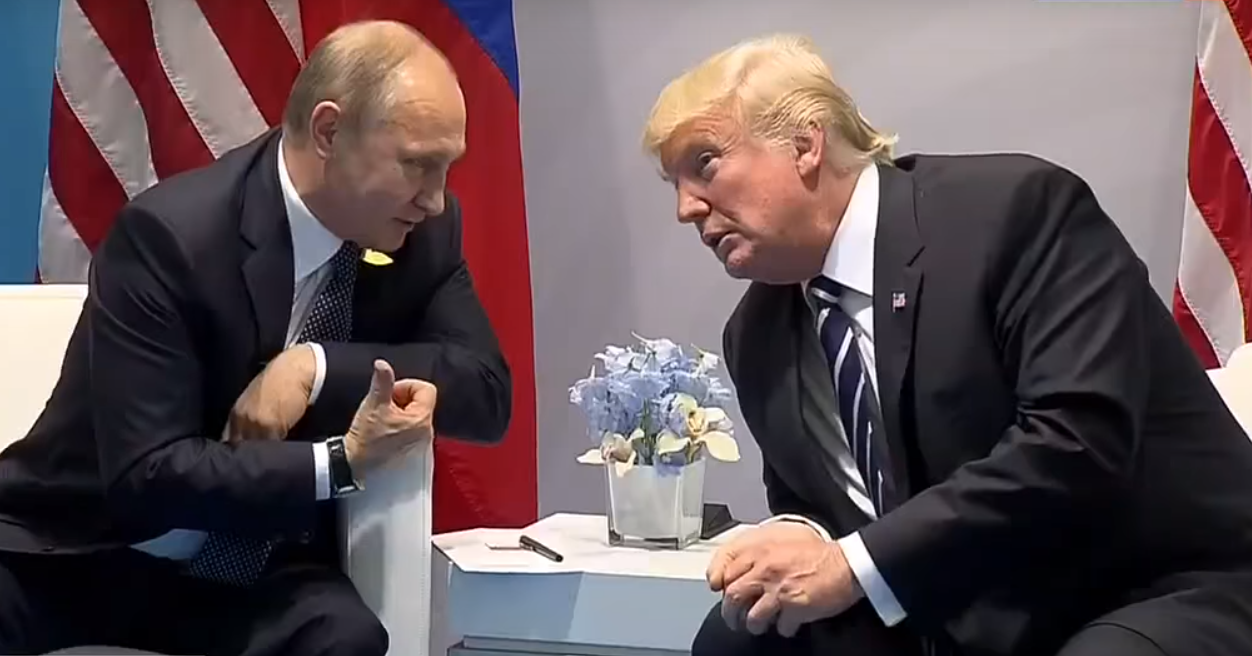There are two very different strains in “Russian Trumpism” today which sometimes coincide and appear to be formally the same but sometimes are based on ideas that contradict one another, according to Stanislav Smagin; and this is one of the key reasons why the phenomenon appears so inconsistent and changeable.
In a lengthy post on the APN portal today, the conservative Rostov-based commentator says that the first are the “sincere” Trumpists who were attracted to the US figure long before anyone thought he had a chance to win and the second are members of the political elite who see in the new US president someone they can take advantage of.
The first group includes Russian political analysts and commentators of the conservative-patriotic direction who were attracted to Trump from the outset because of his commitment in foreign affairs it pull back from US unilateralism and liberalism and because of his promises on domestic issues that they believed would ensure he lived up to his foreign policy promises.
These “Russian Trumpists,” Smagin continues, “calculated that the national-conservative domestic American perestroika Trump promised would have a positive impact internationally (and consequently also on Russia)” and lead other countries to follow the same course as Trump himself has called for.
Their views, the Rostov analyst argues, were in this respect at least quite similar to those of the European socialists ca. 1900 who “calculated that the world communist revolution must arise in the leading industrial-capitalist countries” and then spread to others even though things didn’t work out as they expected.
The other group of “Russian Trumpists,” which drew its members of the Russian ruling class and its agitprop arms, arose only near the end of the US presidential campaign and focused on the ways in which Trump would be less likely to behave as Hillary Clinton might and thus would be more willing to make deals on a pragmatic basis.
The key fact here, Smagin says, is that “the basic aspirations of [Russia’s] political beau monde were almost completely opposed to the aspirations let us say of the sincere Trumpists” because the political class wanted to interact and make deals while the sincere Trumpists wanted Russia to be left alone to its own devices.
For the “sincere Russian Trumpists,” the overly enthusiastic reaction of the latter-day Trumpists right after the election looked anything but justified because it was clearly “not the joy of ‘Hurrah, Now we are Stalin and can look forward to a new Yalta like with Roosevelt’ but rather that of ‘Hurrah, now we are not Saddam Slobodanovich Qaddafi.”
To be sure, Smagin says, both groups of Russian Trumpists understood to varying degrees that no American president is an entirely free actor but instead is part of a government and political system that imposes severe constraints on his activities; but the sincere Trumpists were less surprised by what that meant than were the official ones.
The US attack on the Shairat airbase in Syria in early April showed Trump’s “final capitulation between the liberal-globalist” elite or represented his own unpredictable approach to foreign affairs. Neither works to Russia’s advantage and both Russian Trumpists need to stop living with the illusions that he could be a puppet.
In the wake of the Shairat attack, Smagin says, “the ‘sincere’ Trumpists” were disappointed but less in the American president than in the American system. The official “Trumpists” simply recognized that they would have to toughen their positions and interact with Trump as they would with any leader of a powerful foreign country.
Related:
- “Putin said to orchestrate Trump’s impeachment” and other neglected Russian stories
- ‘Trump is again OURS,’ Moscow commentators say
- Conflict with North Korea may be Trump’s red herring, the author of “Blowing Up Russia” says
- ‘Trump has betrayed Russia to escape impeachment’ and other neglected Russian stories
- “Syrian strikes transform Trump from ‘ours’ to ‘another Hillary’”and other neglected Russian stories
- Trump’s Russian connections and the “Cold War” inside the USA
- Putin, like Trump, being pressed to take harder line abroad to shore up his own position, Piontkovsky says






